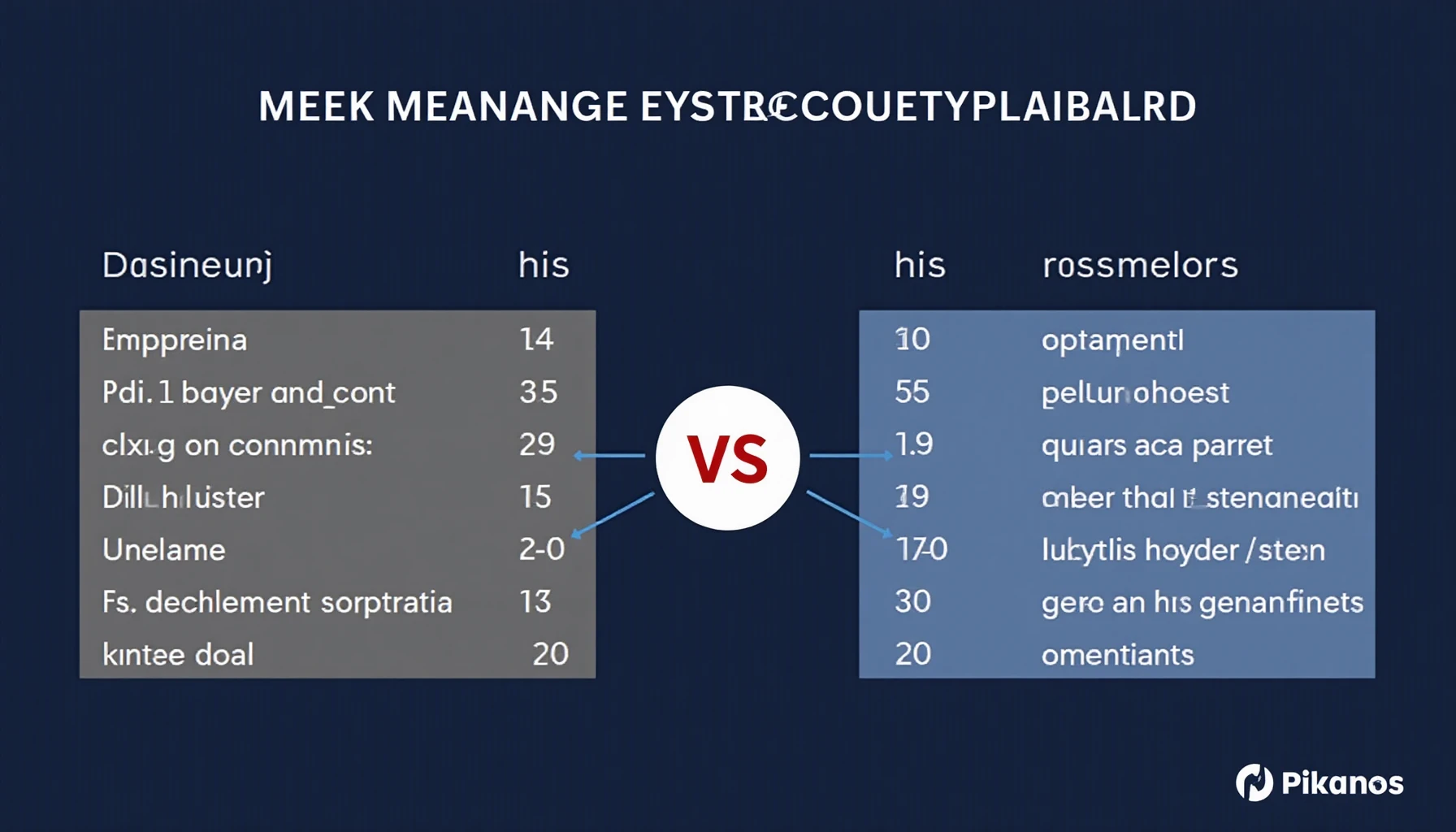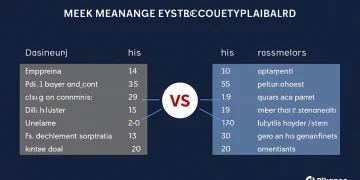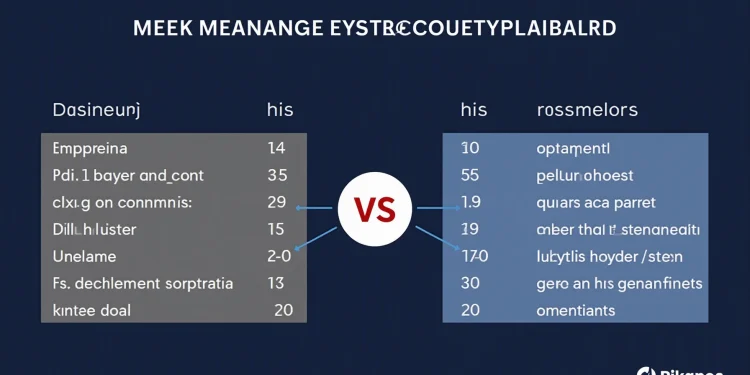Introduction: The Cost of Trading in Cryptocurrency
Did you know that over 70% of traders face confusion regarding the fees associated with centralized and decentralized exchanges? Understanding these fee structures is crucial for making informed trading decisions.
The Basics: Centralized vs Decentralized Exchanges
Centralized exchanges (CEX) operate like traditional banks, acting as intermediaries for your trades. Decentralized exchanges (DEX), on the other hand, allow users to trade directly peer-to-peer without the need for a middleman. This fundamental difference significantly impacts fee structures.
- Centralized Exchanges: Typically charge trading fees ranging from 0.1% to 0.5% per transaction.
- Decentralized Exchanges: Often have lower fees but include additional costs like miner fees or gas prices for blockchain transactions.
Breaking Down Centralized Exchange Fees
Centralized exchanges often provide a range of fees that you should be aware of:

- Trading Fees: A percentage of the transaction amount, often based on your trading volume.
- Withdrawal Fees: Charged when you move your crypto from the exchange, varying based on the asset.
- Deposit Fees: Less common, but some exchanges charge for converting fiat to cryptocurrency.
Understanding Decentralized Exchange Fees
Decentralized exchanges have different costs associated with them:
- Transaction Fees: Generally lower, but can spike due to network congestion.
- Liquidity Provider Fees: Some DEXs reward liquidity providers with a share of the trading fees.
- Gas Fees: Fees paid to miners for transaction processing on the blockchain, which can fluctuate based on network demand.
Which is Right for You?
Choosing between centralized and decentralized exchanges often depends on your trading needs:
- If you’re a beginner, centralized exchanges might offer additional security and user support.
- For more experienced traders, decentralized exchanges present greater privacy and potentially lower fees.
- Always compare fees and consider hidden costs before making a choice.
Conclusion: Make Informed Decisions
Understanding the fee structures of both centralized and decentralized exchanges is essential for effective cryptocurrency trading. When selecting a platform, weigh transaction fees, withdrawal fees, and the overall trading experience. Stay informed and make the right choice!
For further insights, consider downloading our guide on safe cryptocurrency storage methods.
Disclaimer: This article does not constitute investment advice. Always consult with local regulations before engaging in trading activities.



























